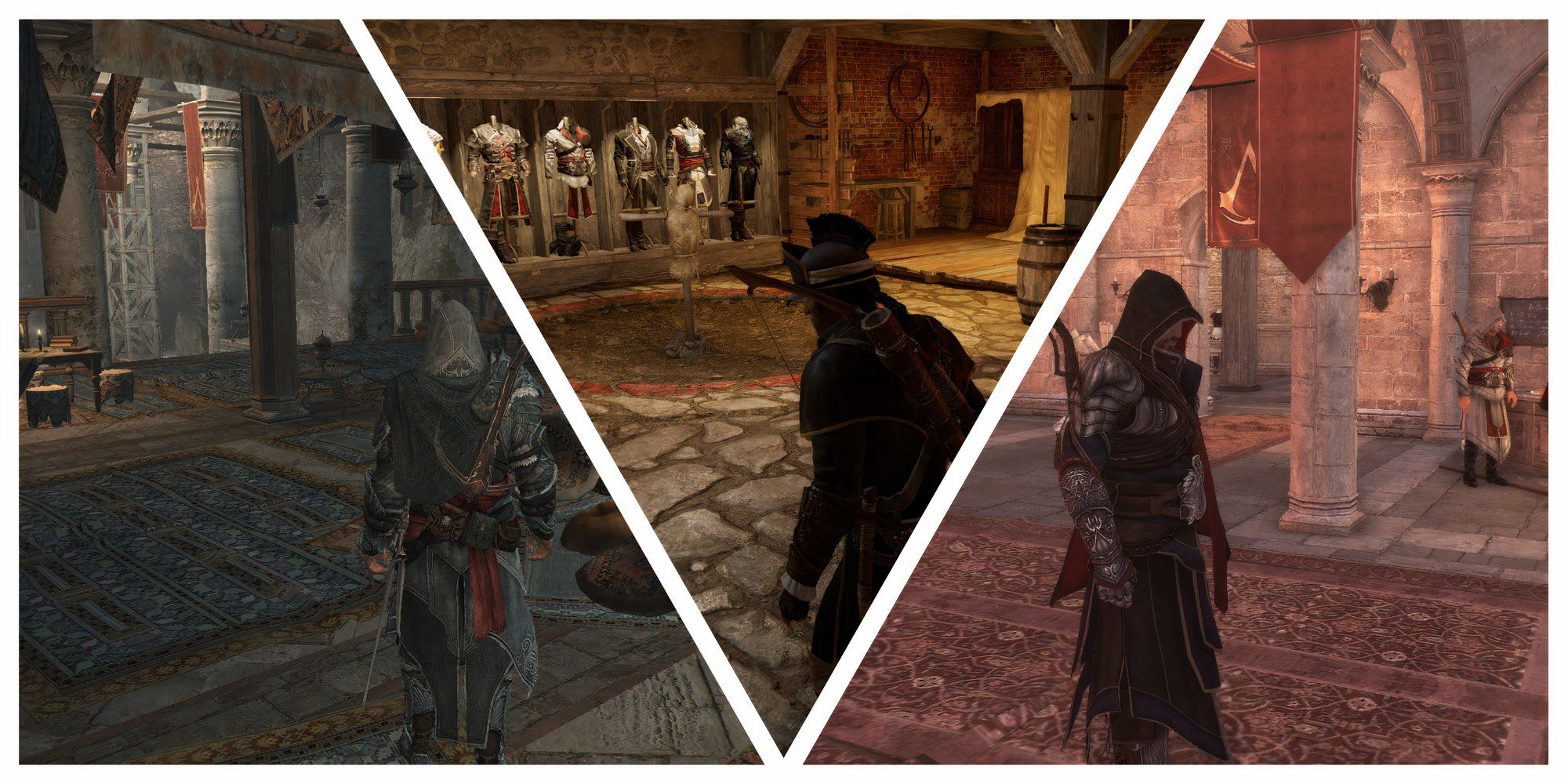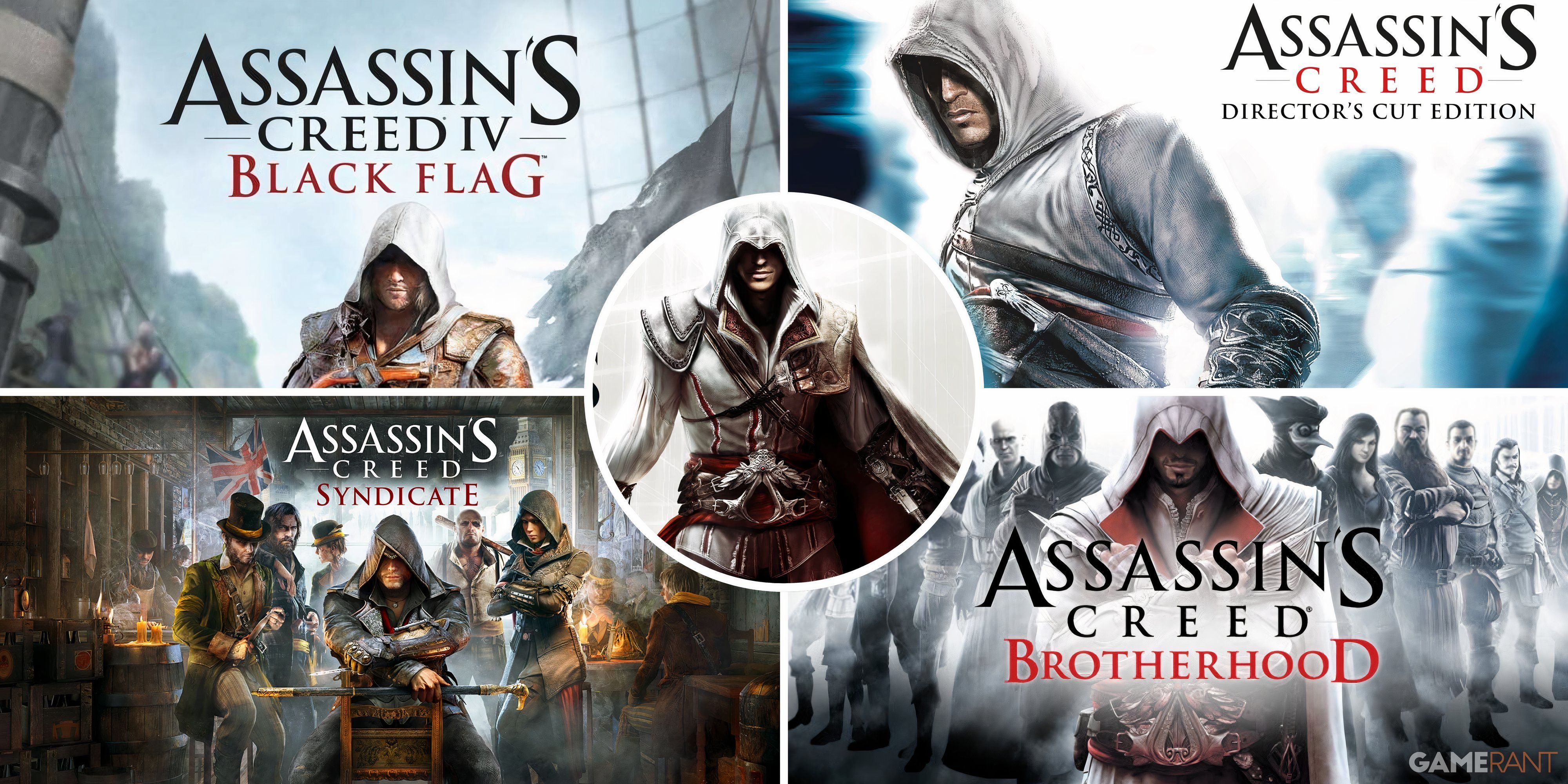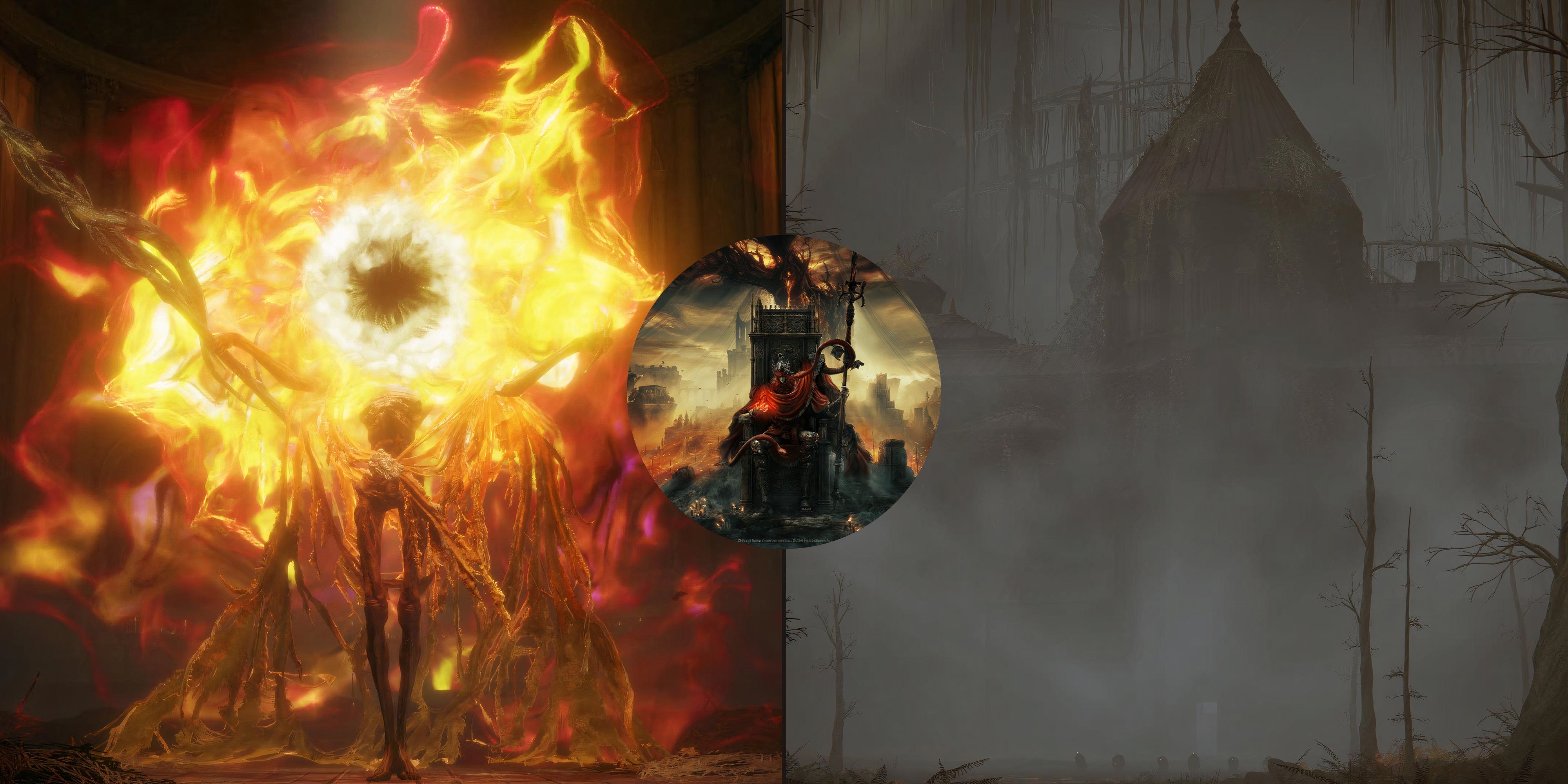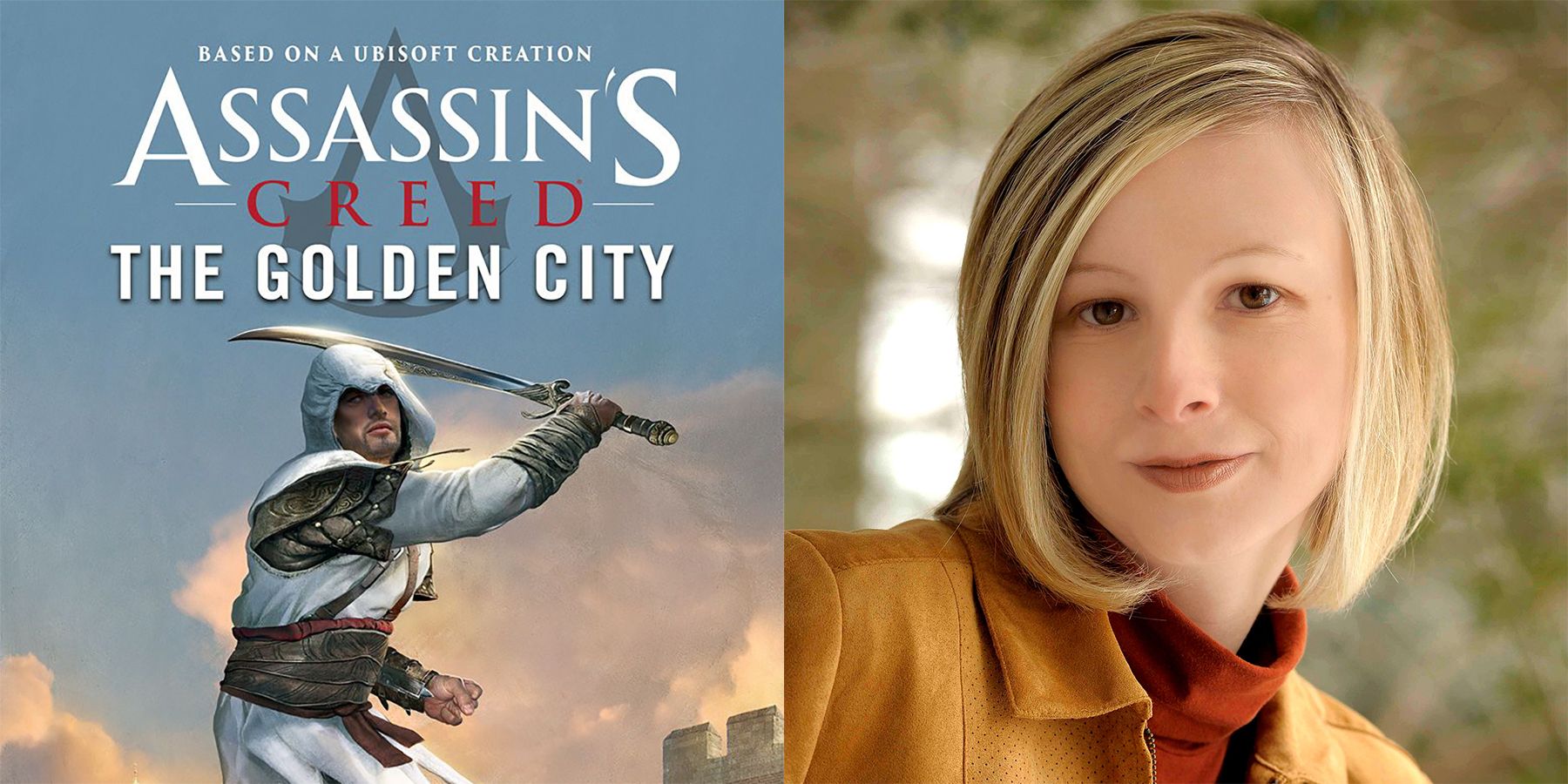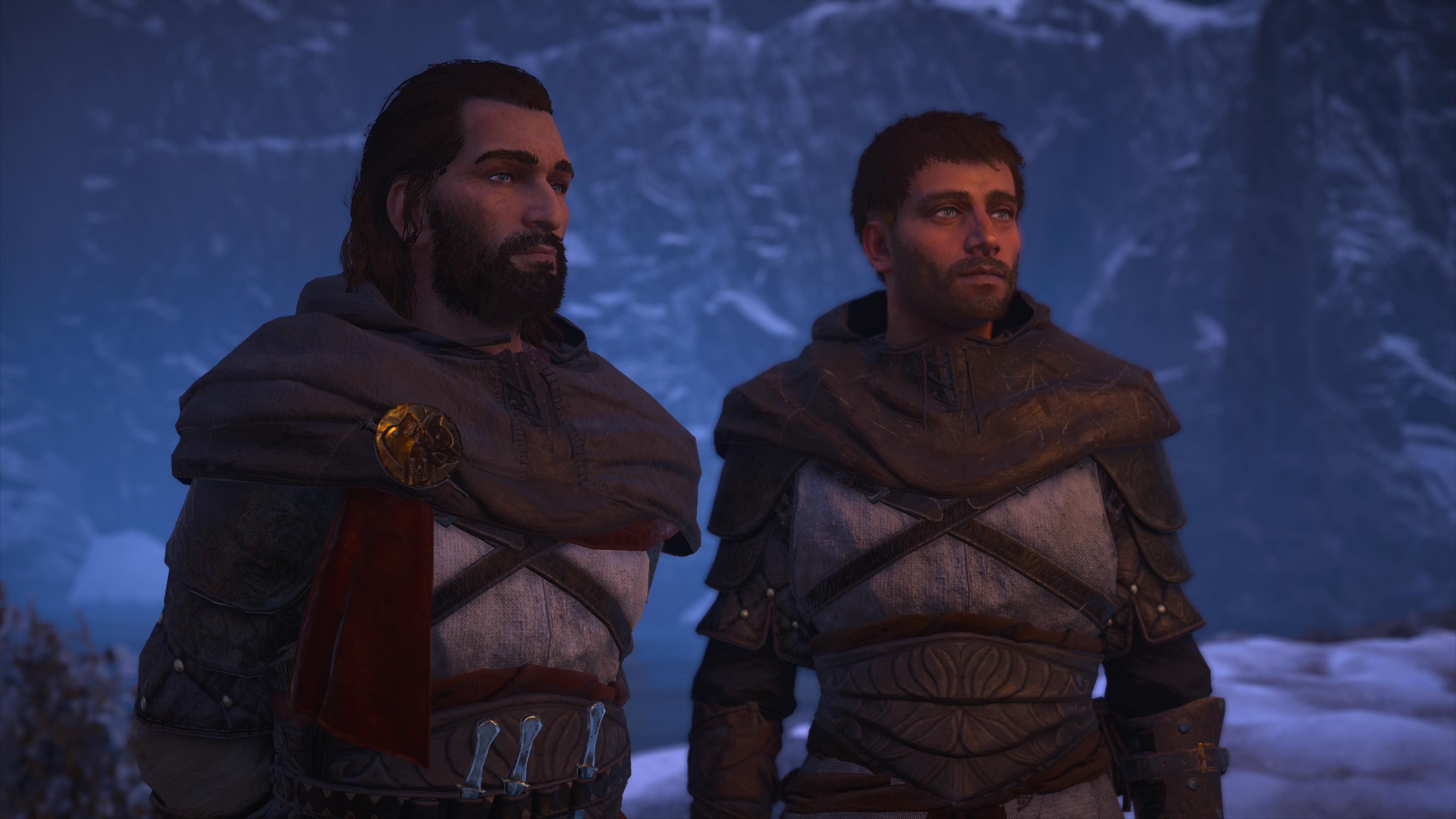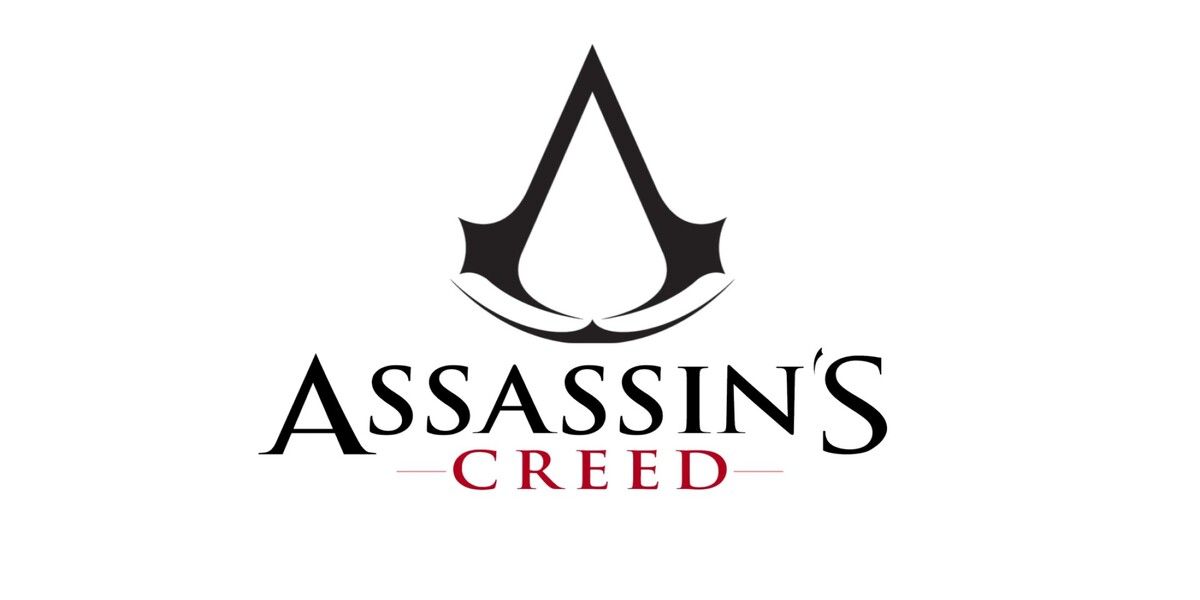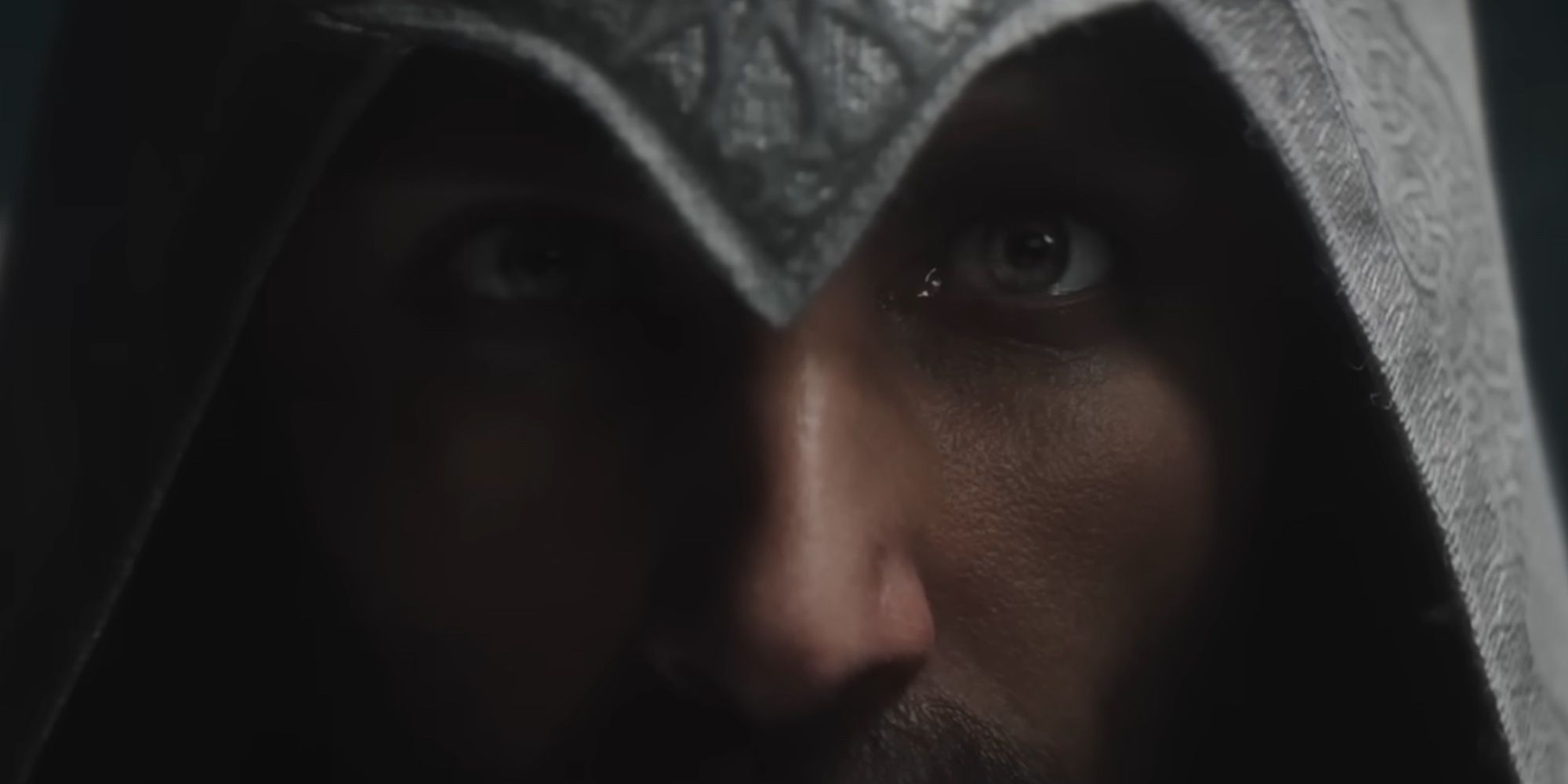The upcoming novel Assassin's Creed: The Golden City by Jaleigh Johnson will take readers on a thrilling journey alongside Hytham in Constantinople, circa 867 CE. Hytham, a member of the Hidden Ones and an acolyte, is introduced as the companion of Basim Ibn Ishaq, the protagonist of the highly anticipated Assassin's Creed Mirage. In the 2023 novel, Hytham and Basim team up to prevent the emperor from assassinating his own son.
In a recent interview, Johnson spoke to Game ZXC about the book and her contributions to the Assassin's Creed franchise. In the interview, Johnson discusses her journey into the Assassin's Creed world, the challenges she faced in working with an established intellectual property, and the development process involved in crafting a story based on a beloved game franchise. The following transcript has been edited for clarity and brevity.
Q: How did you first become involved with the Assassin's Creed franchise?
I’ve played the games on and off for a long time, but my husband was the one who actually introduced me to the first game while I was still working in tax preparation. I started paying attention to the game, and I got interested in the story. Then I started playing the game, and I was hooked. Fast forward years later, I had just finished doing a Marvel novel for Aconyte Books, and my editor, who knew I’d played the games and was a fan, asked me if I was interested in pitching for an upcoming Assassin’s Creed novel project. I said 'yes! Absolutely!' I worked up some pitches, and they didn’t get picked for the project, which was sad, but I moved on to other things, and then my editor came back to me a few months later and said, ‘would you like another crack at it for a different Assassin’s Creed project?' That time my pitch got picked. So, it was a happy ending in a long series of novel pitches. Also a happy ending in that I no longer work in tax preparation.
Q: What was the biggest challenge you faced when stepping into an already-established IP?
The enormity of this IP, when taken as a whole, was not quite driven home to me until I looked at this chart that was part of my research materials. It showed all the Assassin’s Creed games and how they were connected to each other and to their various tie-in products, from novels to movies to comic books, etc. It was this massive, interconnected web that had been years and years in the making. I knew all of that, of course, but seeing it laid out like that made me think, ‘this is both awesome and scary as hell.' I couldn’t wait to contribute to the franchise, but I didn’t want to mess it up either.
Q: Can you speak to the research process you went through while crafting your story?
I think there has maybe been one or two other books in my career that have required as much research as this book did. Mostly because you’re not only dealing with a historical setting that needs a lot of attention to detail, but you have to integrate that with the lore of Assassin’s Creed and make it feel as seamless as possible. So, one day, you might be digging into the history of Constantinople, its rulers, and the day-to-day lives of its people, and the next, you’re re-watching every Valhalla cutscene with Hytham and Basim in it to try to get a sense of their characters and motivations. It’s fascinating work, and I’ve always loved research. So, I learned a lot.
Q: How did you approach creating characters within an established universe, and what creative liberties did you take?
Most of the creative liberties actually came in crafting the young emperor Leo’s character. He’s based on a real person, but in the process of inserting him and his background into the lore of Assassin’s Creed, I tried to consider how everything from his birth and the circumstances of his growing up might be affected by having the Assassin/Templar conflict happening in Constantinople at the same time. How might that change who he is and who he eventually grows up to be, because of the influence of characters like Hytham and Basim?
Q: How much does Hytham's relationship differ from Basim in this novel as compared to Assassin’s Creed Valhalla?
The challenge came in seeing how these two characters are with each other in Assassin’s Creed Valhalla and wondering how they got to that place. Hytham looks up to Basim in the game and has a great deal of respect and loyalty to him, even as he questions the man’s actions. How did that dynamic come about? Without getting into spoiler territory, I knew I wanted to explore that in the novel. How much can a person like Hytham ever really know or trust in Basim?
Q: What inspired the particular plot of Assassin's Creed: The Golden City, and how did you go about developing it?
Part of it was researching the history of Constantinople, its politics, and the succession of emperors, specifically how many of them came to power through assassination. There was something, it was little more than a footnote I think I read about the young Leo, how his father had become emperor by assassinating the man who’d once been his co-emperor. There had been some gossip about Leo’s parentage, that he might actually be the son of the assassinated emperor. It was a tangled web of politics and personal relationships, and a lot of it was just speculation at the time, but I couldn’t help but think how that boy, Leo, might have grown up with people whispering that he might not truly be the emperor’s son. How could certain parties use that fact against him? The story came very quickly after that, proving that sometimes it’s in the little details.
Q: How did you balance staying true to the original game's storyline and incorporating your own unique elements into the novel?
I had a lot of help, both from my amazing editor and from the team at Ubisoft, who are very committed to ensuring that all the media tie-ins stay true to the games and the lore they’ve created. They were always very good at being able to guide me back if I was getting too far off track, while at the same time allowing me room to play in the sandbox.
Q: What kind of experience do you hope readers will have when reading your book, and how did you aim to achieve that?
Well, of course, I hope they enjoy themselves, but I also hope they feel at home reading the books the same way they do playing the games. As a writer and a gamer, I try to imagine what I might want from these stories, how they can expand the game worlds, and give players a more in-depth look at the characters and their motivations.
Q: How does writing for an established franchise differ from writing an original work of fiction?
Both come with their own advantages and sets of challenges, for sure. With my original work, I’ve built everything from the ground up, so I get to have more control. I know my characters and my world intimately because they came from me, but I’m also on my own being responsible for making sure it all works. With an established franchise, you step into a world that’s existed for some time, fully developed, often with a team of people who are able to help you with anything you might need to make your contribution to that world. Of course, that also means you have to write within a specific framework. It’s also a much more collaborative process, which in itself can spark some amazing creativity because you’re dealing with people who are as passionate about the franchise as the fans.
Q: In what ways did you incorporate themes and motifs from the Assassin's Creed franchise into your novel, and how did you make them your own?
I tried to go back to the games as much as possible, remembering how I felt the first time I played Assassin’s Creed and how immersed I became in that world. I used that for my starting point, asking myself what I as a player and fan of the games would want to see in a novel that would enrich and expand the experience. Using the emperor’s palace as a setting turned out to be a great way to find that. The palace intrigue, not knowing who to trust, and trying to protect a vulnerable target who is also a pawn in the Assassin-Templar conflict felt like something out of the game. With a novel, I knew I could deepen the complications surrounding that mission and give space to more of the inner worlds of characters like Basim and especially Hytham. How Hytham struggles with his personal feelings and his commitment to his mission, and how that plays out over the course of the novel were where I felt I could contribute the most of myself and my own perspective.
Q: How does Assassin's Creed: The Golden City fit into the larger narrative of the franchise, and what role do you see your book playing in the overall canon?
Oh, wow, that’s a great and tough question. I’m not sure it’ll be up to me to decide where the book fits in the franchise and the overall canon, but I hope that, with regard to Basim’s character especially, it will exist as a window into how he’s been shaped by more than just the weight of his past existence and the scars left behind. The mission he and Hytham undertake in the novel is just a footnote in a very long life, but I hope that the bond he shares with Hytham and the things he learned from that relationship, complicated as it is, is something he’ll carry with him into whatever comes next.
Q: What advice would you give to writers who are interested in working with established intellectual properties, and what do you think are the most important things to keep in mind?
The best piece of advice I can give is to be open and excited about the collaborative nature of these projects. Ideally, if you’re writing for an established intellectual property, it’s something you already know and love and want to leave your mark on, but you have to remember that it’s not just about you. A lot of people work very hard to make sure these individual projects stay true to the spirit of the franchise and build on what’s come before. When you write one of these books, you’re agreeing to become a part of that process. If you can do that and be willing to go with the flow when directives change or adjustments need to be made, you’ll have fun, and you’ll learn a lot too.
Assassin's Creed: The Golden City will be released on April 18, 2023.

